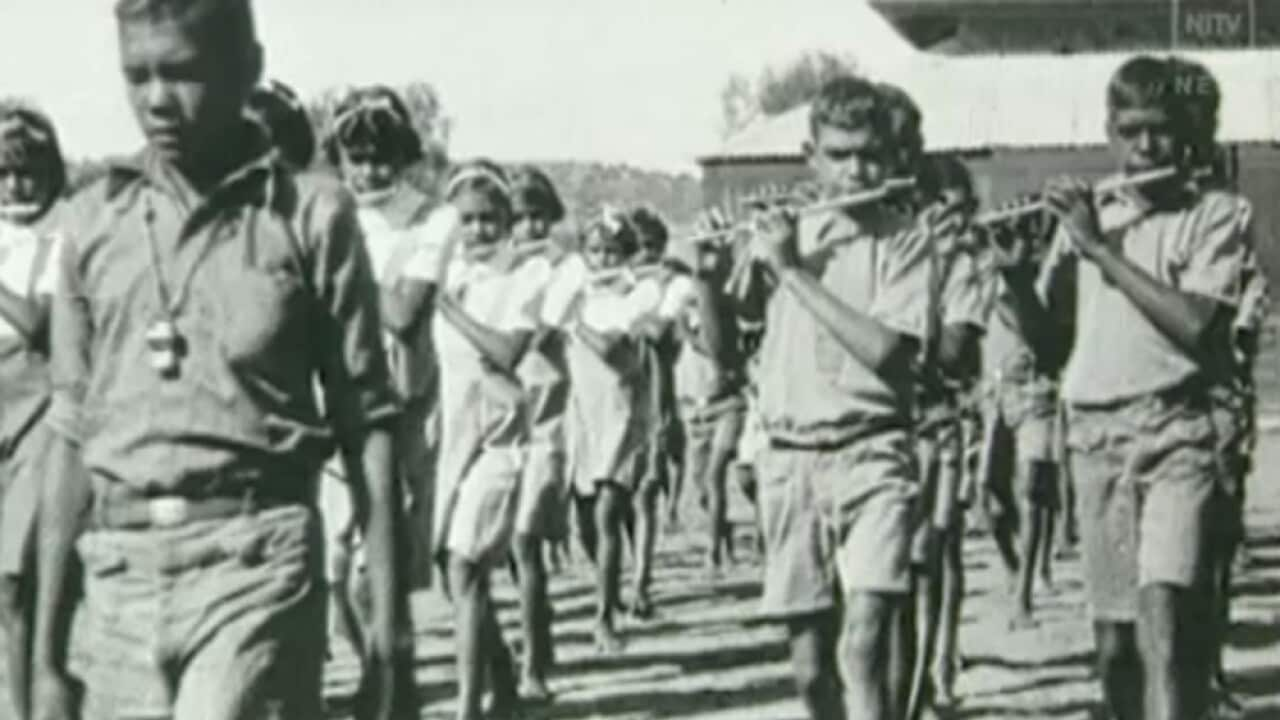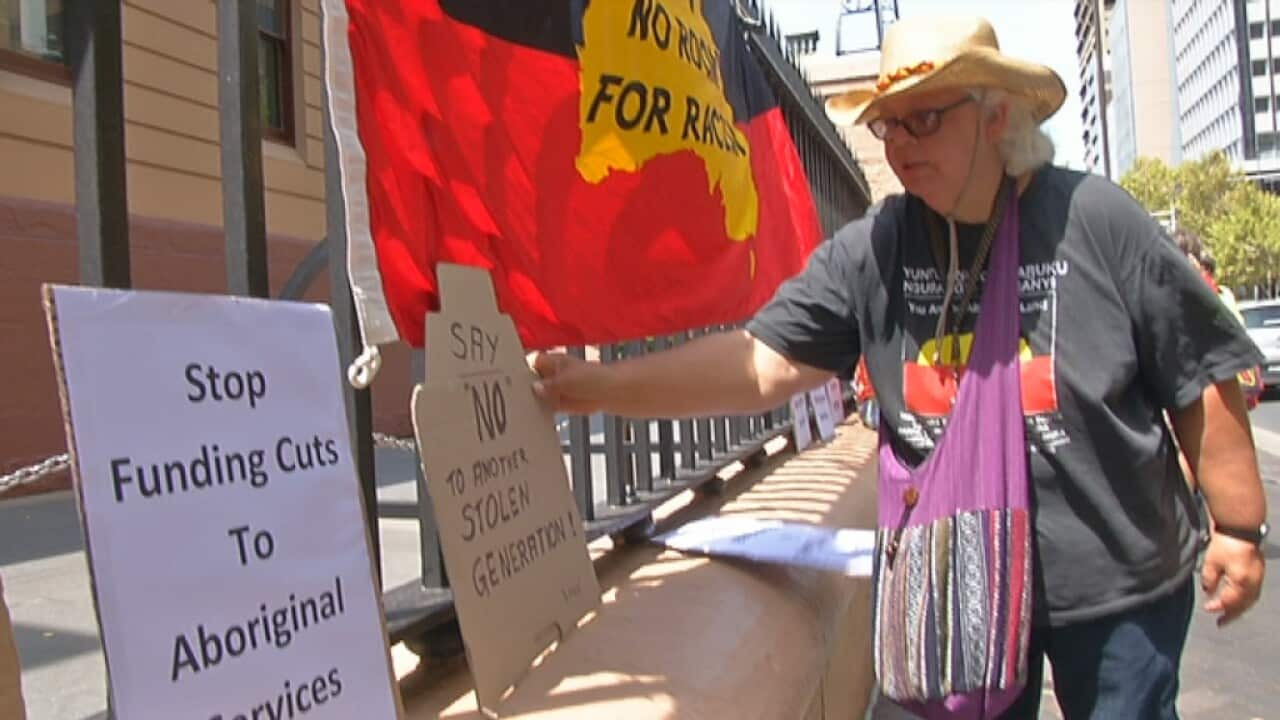It's nearly 20 years since the release of the land mark report, the first major investigation of its kind into the impact of the separation of children from Aboriginal and Torres Strait Islander families.
Its findings were damning, it criticised the framework of Indigenous Affairs as the cause of disparity and dysfunction and pointed squarely at the need for self-determination and recognition of the importance of maintaining a connection to language and culture.
RECOMMENDED STORY

Stolen Generations seek compensation for suffering
There were high aspirations for this document and its list of 54 recommendations, which included the marking of a National Sorry Day and the development of the Child Placement Principle, a framework specifically developed to keep Aboriginal children connected to family and Indigenous culture.
Almost two decades on, the only thing that remains high is the rate of child removals experienced by black families. In New South Wales alone, the increase has been measured at .
63 percent of Aboriginal today are with non-Aboriginal communities so where is their future heading?
But New South Wales is not alone. Across Australia, Indigenous children are overrepresented in the child welfare system, and increasingly authorities say they are being placed in non-relative homes or facilities.
Professor Muriel Bamblett, CEO of the Victorian Aboriginal Child Care Agency, says it's a concerning trend.
"63 percent of Aboriginal today are with non-Aboriginal communities so where is their future heading?" Professor Muriel Bamblett told NITV's current affairs program Awaken.
"They won't have land connection, they won't have genealogy, and they won't be able to establish Aboriginality. I know these are big political issues but they're really the issues for children on the ground."
The Bringing Them Home report detailed the devastating intergenerational trauma experienced by families where children have been removed.
Reinforcing that finding, the NSW Deputy Opposition Leader Linda Burney says that there is clear evidence that many of the families now in contact with the Child Welfare system can trace their genealogy directly back to the original assimilation policies, adding up to five generations of child separations.
Hazel Collins from the campaign says to challenge this, the government should be focusing on keeping children in their communities and strengthening family resilience otherwise children are left alone to try and process what’s happened to them.
RECOMMENDED READING

Gunnedah grandmothers rally against removal of Indigenous kids
"They don't know who they are," Ms Collins told an Awaken panel. "How do they stand up and, to be proud of who they are, where they come from, when that's been stolen from them. They don't know who they are, where they're going, where they come from. No sense of belonging, they feel their families left them"
These are scars that don't heal. Professor Bamblett says while it is now widely recognised that removing a child from their family should to be a last resort, currently funding models put the majority of money dedicated to child welfare into "ambulances" designed to carry away when it is already too late. She says there is a desperate need to increase support services at the intervention level.
The thing that happened with Stolen Generations is that we lost connection with culture, community, family, country we lost all those
Sue Anne Hunter from the National Secretariat from Aboriginal and Torres Strait Islander Child Care, SNAICC, agrees.
She says not only does the level of investment in wrap around support for families need to increase, it needs to complemented by additional funding and support for Indigenous carers or the statistics will keep getting worse.
"The thing that happened with Stolen Generations is that we lost connection with culture, community, family, country we lost all those," she said on the panel.
"Once you lose those as an Aboriginal person, you don't really have much of an identity because you don't know who you are. If kids are being removed and we're not making those connections. Then we are losing them again."
Awaken's Raising Our Children, which explores the impact and continuation of the Stolen Generation, screens at 9.00pm on Wednesday 28 October on NITV (Channel 34 | Foxtel Channel 144)









